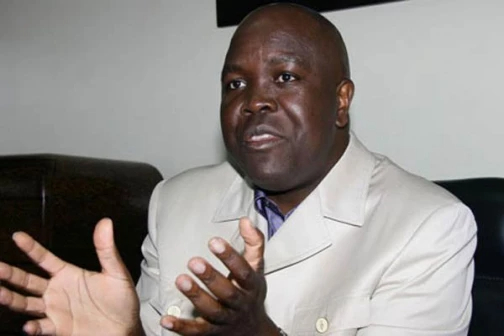- The name Jacob Juma has once again resurfaced in light of the anti-government protests.
- A business man, murdered in the dark streets of Nairobi, one, with a lot to tell.
- Who was Jacob Juma?
Murdered in the dark streets of Nairobi, all valuables left intact. Not the story of your regular, robbery-gone-violent, but that of a business man, one, with a lot to tell. Who was Jacob Juma?
The name Jacob Juma has once again resurfaced in light of the anti-government protests, with demands for accountability being the focus of recent weeks, as Kenyans call out the gross mismanagement in the Kenya Kwanza government.
Many have used his name and images to signal bold criticism as was what the slain businessman had set his life to do. In a country where corruption runs amok, Juma was anything but complicit. Even when certain his life was in mortal danger, he did not shun away from a fight.
His social media accounts, still very much present, are populated, end to end with glaring details of a government that is rife with wastage, feckless individuals in power, and among many other posts, the aggregate particulars of mishandling that got out of hand.
It is this daring and valiant nature of a true patriot, who even, daunted by the prospect of his eventual elimination, has reignited his spirit. Kenyans have flocked to his accounts to share some of his exposès and jabs at powerful political figures such as the incumbent President, in what has become the face of the Gen Z revolution.
Read More
Engagements and retweets at some of his posts from years ago reveal just how deep the rot runs, the stark similarities of his days with contemporary times and that the current socio-economic and political mess, is borne out of collusion, cover ups and muzzling of dissent.
But who was he?
Juma, whose ‘visionary’ tweets from when he was still alive, live on, was born in 1971 in Bungoma. The tenderpreneur, entered the political scene early on in his life during the YK92 (Youth for Kanu) movement, aimed at rallying support and Funding for Moi’s campaign.
Cyrus Jirongo and Charles Okemo, big names in the then political scene, were Juma’s chaperones into the world of money and might. By 1992, Juma had registered a small construction company and started earning business tenders. By 1995, he claimed to have been a billionaire from a quickly-built, vast empire in real estate, construction and general supplies.
As an established entrepreneur, he was able to secure lucrative and profitable tenders from the Government. His business, which grew both in size and influence, saw Juma win various lawsuits for damages, after accusal of abandoning government projects and breach of contracts on the governments end, as of the case of NCPB maize supply in 2004.
Juma’s right-hand-side men were later indicted for defrauding the government KSH 297 million for unsupplied 40,000 metric tonnes of maize, meant to replenish food reserves during the 2004 drought.
The opulent businessman often brushed shoulders with the who is who in Kenya's political domain and was a common face in legal tussle.
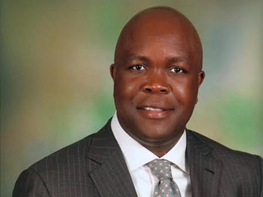
Juma’s whistleblower side came to life when the Government, through the Ministry of Mining, denied him and his patron company Cortec Mining Kenya, mining concessions of Nobium at Mrima Hills. The mining firm was set to rake in trillions and Juma would receive 30% of the proceeds meaning he would pocket billions in the 21 years the mining was set to operate.
While records show that the denial of licences was due to lack of a legal framework, given the coinciding of the issuance with the dissolution of the 10th Parliament, an aggrieved Juma took to the nets to expose then Mining CS, Najib Balala of asking for a KSH 80 Million bribe to facilitate licensing.
But Juma was only getting started. He went on to expose then Deputy President and incumbent president William Ruto for grabbing KCAA land where Weston hotel is built and went ahead to provide ownership documents showing that Ruto was indeed the proprietor of Weston.
His woes on land grabbing were also directed at former President Uhuru Kenyatta for his inaction to the run-away land grabbing plots including the Lang’ata Road Primary School saga where Juma squarely accused the Jubilee Party of handing cash to steal the chunk of lucrative land.
Juma’s other expose’ that made headlines was the NYS scandal where Juma produced reports of law firms and banks that were used to embezzle KSH 800 million from the Youth Service.
He took to social media and made shocking revelations elaborating and uncovering names of beneficiaries to the looted NYS monies naming figures such as Ben Gethi, Farouk Kibet who had traces back to William Ruto, Kirinyaga Governor Ann Waiguru, Transport CS Kipchumba Murkomen, Mutahi Ngunyi, Josephine Kabura among others.
The post included phone conversations and details of how much of the loot each individual made away with, and how they spent it.
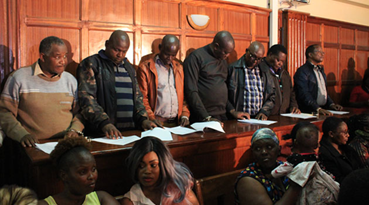
The Eurobond scandal is perhaps Juma’s biggest expose, the one he risked his life for, even planning to escape the country as new evidence has shown. In a statement on twitter, now X, Juma explained how the government of Kenya used money from Kenyan coffers and raised it in the Irish stock market only to embezzle it into private accounts, some linked to then president, Uhuru Kenyatta’s family.
Also implicated in the scandal, was then Finance Cabinet Secretary Henry Rotich, who Juma named as a mastermind to the mysterious disappearance of the money.
Juma claimed that the embezzlers used lawyer accounts, and that in-fighting began once the money was released. He claimed that a huge sum of the money was used to settle debts of the 2013 Uhuruto campaign, with the remaining being transferred to the offices of the president in gunny bags.
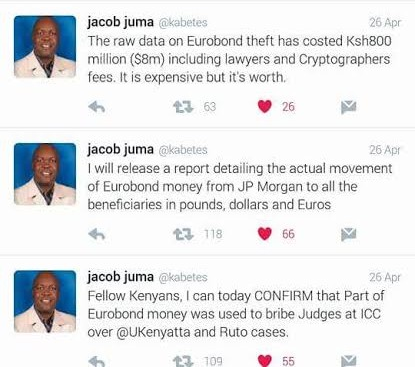
The scandal saw Ksh 215 billion being unaccounted for, money estimated back then to be enough to build eight Thika superhighways.
Juma loomed a web of conspiracies relating to the construction of the Standard Gauge Railway (SGR), claiming inflated costs. He compared the cost of the construction against Tanzania’s railway that costed less.
Juma foresaw his death and went on to send cryptic messages on twitter expressing fear for his life, saying a plan had been hatched to silence him. He accused high profile government officials he believed were behind the nefarious plans.
Jacob Juma was gunned down while driving past Lenana school by unidentified gunmen on May 6, 2016. When the details became clear, it was determined he was shot 7 times. Initial investigations revealed the shooting might have been orchestrated at a different location as it was determined that the crime scene must have been tampered with to mislead investigators and stall justice.
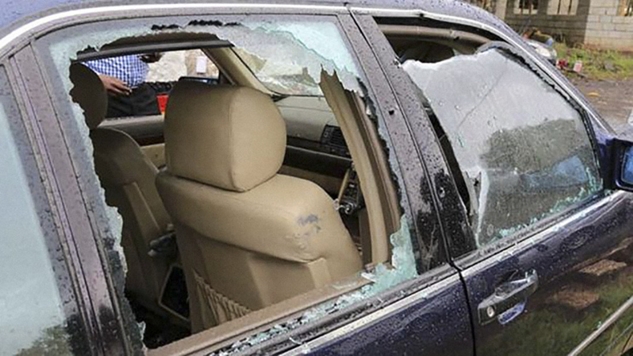
Suspects to the plot were thought to include prominent individuals, bankrollers and hired assassins but no one has ever been brought to book.

